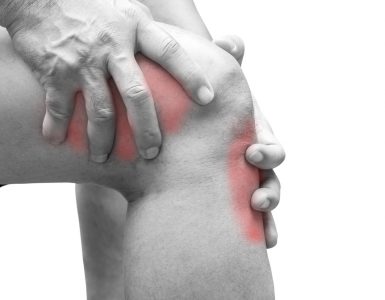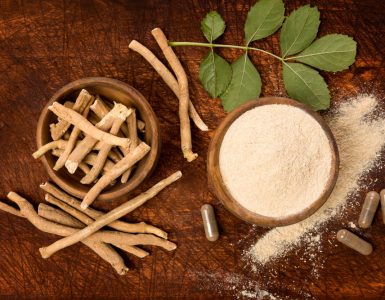(Aesculus hippocastanum)
Botanical family: Sapindaceae
Parts used: Seed, leaves, bark and flowers (never eat unprocessed parts which can be toxic)
Main active constituents: Aescin
Actions: Anti-inflammatory, blood thinner
Good for: Poor circulation and venous insufficiency, joint pain, leg cramps, strengthening capillaries.
Horse chestnut, often known as Spanish Chestnut, or Conker Tree, is native to parts of south-eastern Europe, but is now cultivated in temperate climates such as the UK. The fruits contain seeds that resemble sweet chestnuts but actually have a bitter taste.
The raw seeds, bark, flowers, and leaves should not be used as they are toxic. However, once horse chestnut seed extracts have been processed, they are safe to use.
History of Horse Chestnut
The seed extract has been prized for its positive benefits in cases of chronic venous insufficiency, providing a venotonic effect, anti-inflammatory and scavenger of free radicals. Historically, it has been used for bladder and digestive issues, leg cramps, joint pain, and fever.
Current uses of Horse Chestnut
CHRONIC VENOUS INSUFFICIENCY
This is its current main mode of action. Horse chestnut improves poor blood flow in the veins of the legs which can lead to leg pain, swelling and itchiness. It may be as effective as wearing compression stockings.
MALE INFERTILITY
It may help reduce vein swelling from inside of the scrotum which can lead to male infertility.
ANTI-INFLAMMATORY
Horse chestnut may have a mild anti-inflammatory effect, so may help reduce muscle pain and soreness.
How to take Horse Chestnut
Dosages of around 250 mg to 300 mg daily are safe to takeIt can only be used in its processed form, not fresh from the tree
Horse chestnut has been traditionally used to support circulation
Watchpoints
It should not be taken by pregnant or breastfeeding women.Standardised horse chestnut seed extracts are safe for short-term use.
Try this
Horse chestnut can be found in Nature’s Way Horse Chestnut with Calendula, traditionally used to support circulation, especially to the veins of the lower extremities.







